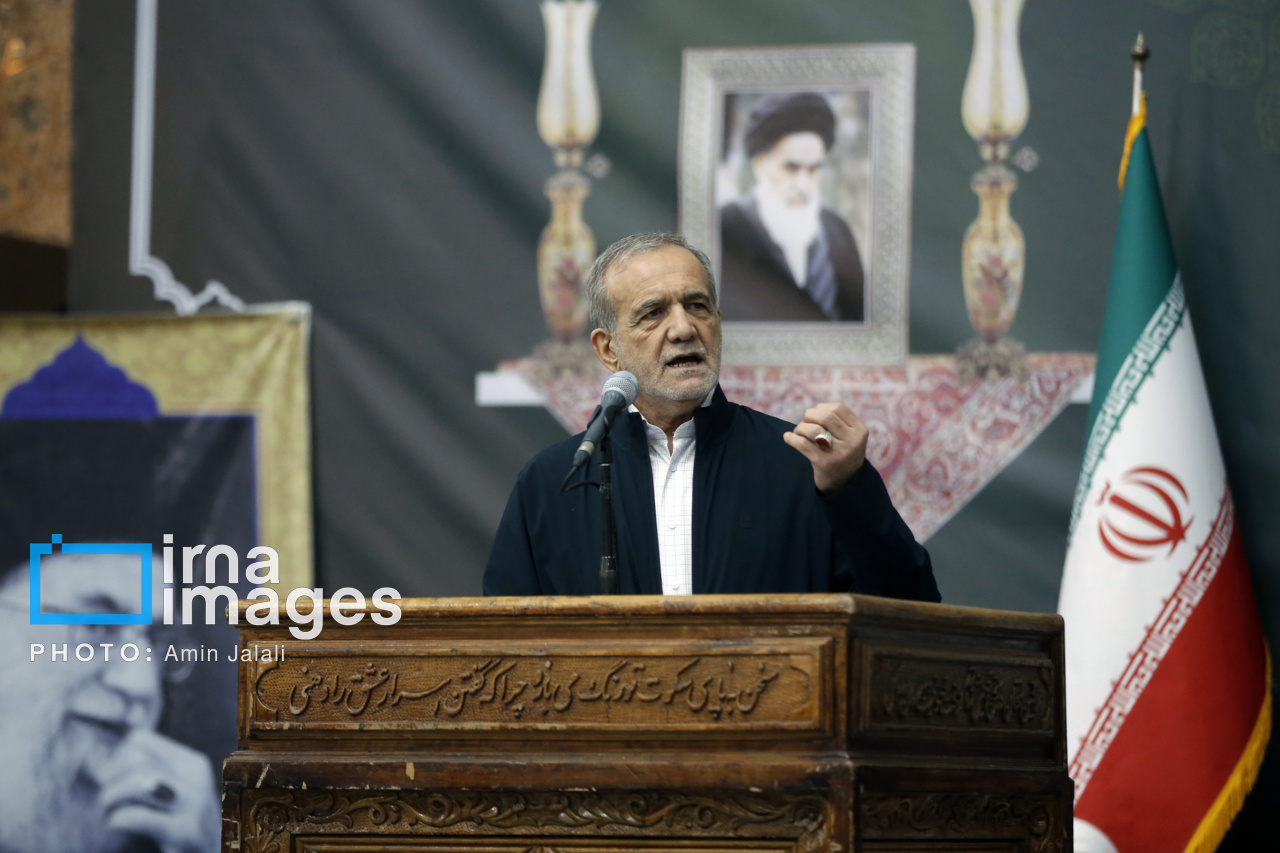
Similar Posts
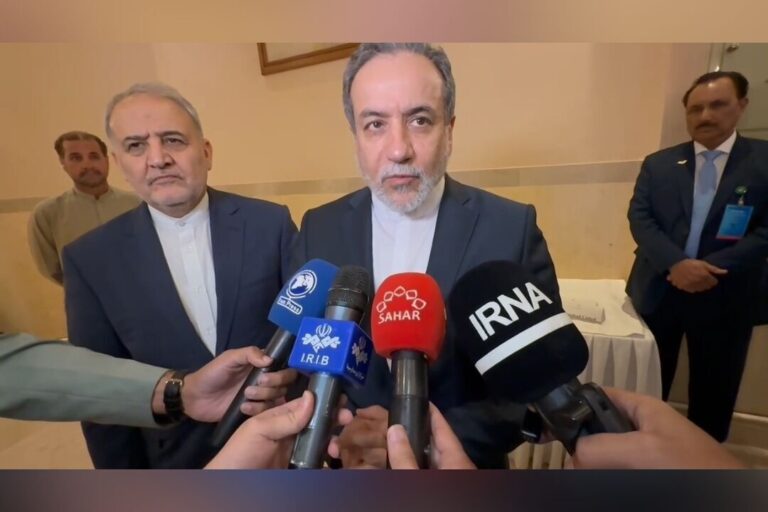
Iran Prioritizes Strong Relations with Pakistan and India, Says Araqchi
Iran’s Foreign Minister Abbas Araqchi emphasized the significance of Iran’s relations with Pakistan and other regional countries ahead of his visit to Islamabad. He aims to enhance bilateral cooperation and address regional issues during his trip. Araqchi highlighted the importance of the Iran-Pakistan relationship and its connections with nations like India. Key objectives include reviewing and improving cooperation, addressing regional tensions, and urging all parties to exercise restraint. His visit underscores Iran’s commitment to fostering positive regional relationships and collaboratively tackling pressing issues.
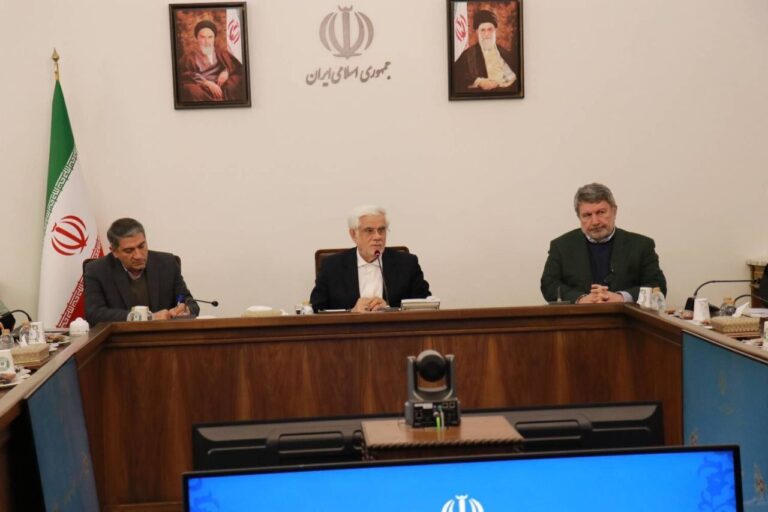
Vice President Highlights Void Left by Nasrallah and Safieddine in the Muslim World
First Vice President Mohammadreza Aref paid tribute to the late Hezbollah leaders, Hassan Nasrallah and Hashem Safieddine, highlighting their significant influence as true followers of Imam Hussain (AS) during recent funeral ceremonies in Beirut. Aref noted their critical role in the regional resistance movement and the awakening of the Muslim community. He admired the large turnout at the funeral, reflecting their impact, and expressed regret for not attending due to scheduling conflicts. Aref believes their legacy will inspire the younger generation to continue their mission, as the Muslim world mourns their loss following Israeli airstrikes that killed both leaders.
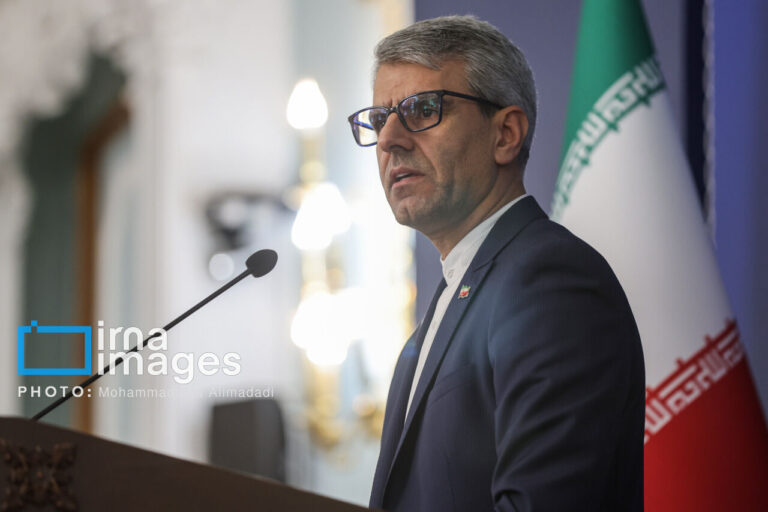
Iran’s Defense Empowerment: A Strategic Move for National Security, Says Foreign Ministry
Iran’s Foreign Ministry spokesperson, Esma’eel Baqayi, highlighted the necessity of enhancing the nation’s defense capabilities amid ongoing regional tensions. He criticized military threats from Israel and the contradictory stance of Western nations, stating, “It is illogical and scandalous” for the West to blame Iran for strengthening its defense while facing aggression. Baqayi emphasized that Iran’s focus on bolstering its military is both justified and essential for national security, particularly in a region characterized by instability and conflict. Strengthening defense capabilities is framed as a responsible measure to ensure the country’s stability and security.
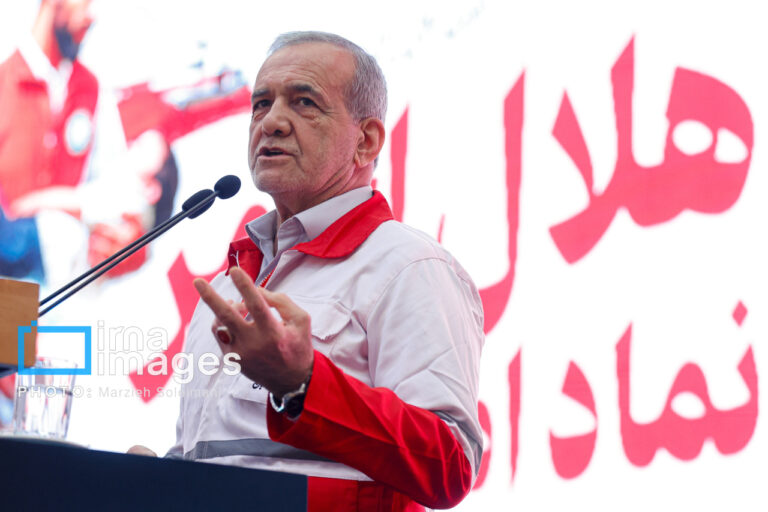
President Pezeshkian Slams Western Double Standards in Humanities Critique
In a recent speech, President Masoud Pezeshkian criticized Western nations for their hypocrisy regarding humanitarian values. Speaking during Red Crescent Week, he highlighted the contradiction between their advocacy for democracy and their involvement in violence, particularly against civilians. Pezeshkian condemned the bombing of innocents, questioning the morality of those responsible and the silence of international organizations, especially concerning Israeli actions. He expressed disillusionment with the disconnect between rhetoric and reality, asserting that the brutality of these nations surpasses even the most vicious animals. Pezeshkian called for a reevaluation of global responses to humanitarian crises.
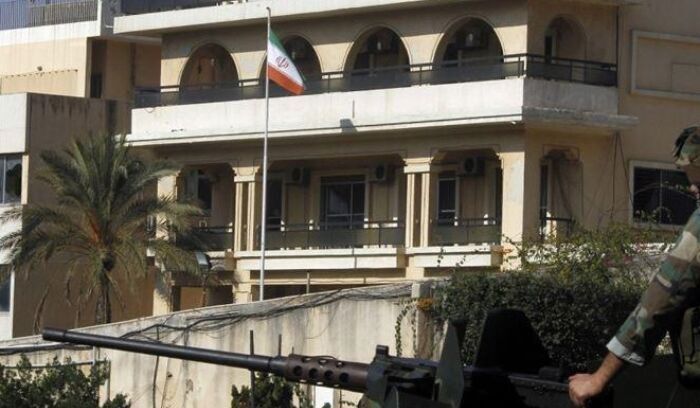
Iran Denies Claims of Deporting Iranians from Lebanon: What You Need to Know
The Iranian Embassy in Lebanon has dismissed recent claims about the deportation of Iranian citizens as unfounded rumors. In an official statement, the embassy clarified that reported incidents were isolated and related to specific legal document issues. They emphasized that there are no ongoing deportations and urged travelers to ensure their documentation is in order to avoid complications. The embassy is committed to providing accurate information and encourages the public to rely on verified sources for updates. Overall, they reassured that concerns regarding deportation are baseless and should be disregarded.
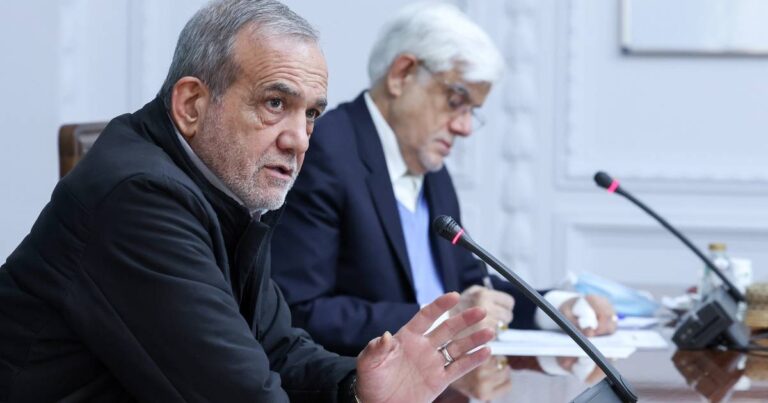
Pezeshkian Urges Iran’s Intelligence Chiefs: Winning Public Support is Crucial!
Iranian President Masoud Pezeshkian recently held a pivotal meeting with senior Ministry of Intelligence officials, highlighting the necessity of public support to counter foreign threats. He asserted that unity with the people is essential for overcoming challenges and emphasized the importance of addressing citizens’ concerns. Coinciding with the Ministry’s 40th anniversary, the meeting underscored the intelligence framework’s complexity, which includes various agencies under different authorities. Amid rising public dissatisfaction due to power outages, Pezeshkian called for optimism, accountability, and effective governance. Concerns over human rights violations by Iran’s intelligence agencies were also noted, reflecting ongoing governance challenges.